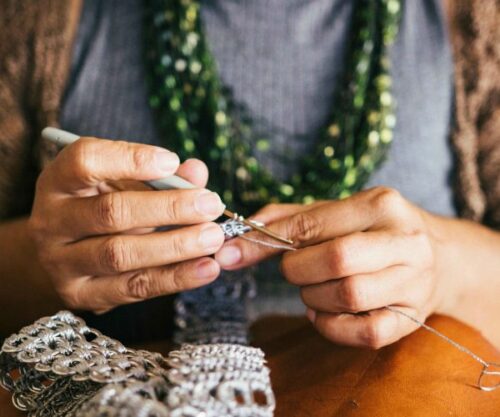
Most times, some people in relationships try to stay away from fights and avoid arguments because they want to maintain peace. It is often a good idea in the heat of the moment because you try to give space for the high feelings to die down, but you would eventually have to sit down and talk about the source of the argument for it to be resolved.
However, some people avoid conflicts and confrontations completely, this behaviour is called stonewalling. Better Help explains this phenomenon as a prolonged refusal to communicate, which can be considered emotional abuse. “Typically, stonewalling occurs when one partner refuses to respond to the other, often in an effort to avoid engaging in a conflict or discussing a potentially distressing subject.”
The CNET publication states that signs that your partner is stonewalling you can include:
- Emotional disengagement
- Dismissive of your concerns
- Completely ignores you and pretends you don’t exist
- Starts doing another activity midconversation
- Doesn’t respond, even when asked direct questions
- Leaving the room abruptly
- Giving you “the silent treatment”
- Changing the topic suddenly while you talk
If you feel that you are being stonewalled there are ways to get yourself out of that situation:
Address it calmly: According to Choosing Therapy being stonewalled can lead to emotional responses such as sadness, frustration, anger, disappointment, and disregarded. Therefore, recognising your feelings and understanding that the stonewaller is struggling with emotions, can foster empathy and understanding. “Communicate about what you’re feeling, but don’t communicate from your feelings. If emotions are driving the things you say, it leaves you in a position where you might say some things you wish you could take back once the dust settles.”
Ask for timeout: The above source continues to state that self-monitoring and self-awareness can help identify triggers during conflict and predict emotions in close relationships. It is then mentioned that requesting a break and engaging in self-soothing behaviours can help communicate difficult conversations, allowing both partners to benefit from some time apart.
Don’t blame yourself: The Marriage publications mention that when addressing a stonewaller, “Avoid projecting onto your mate what could be “limiting beliefs.” These are often ingrained in us before partners come into the picture.” The publication further states that our tendency to justify behaviour because we let ourselves think it is normal for some reason is a reflection of our fears, therefore, you justify the stonewalling in your mind, maybe because you believe you are deserving of it in some way.
Also see: This is why healthy fights are important in relationships




